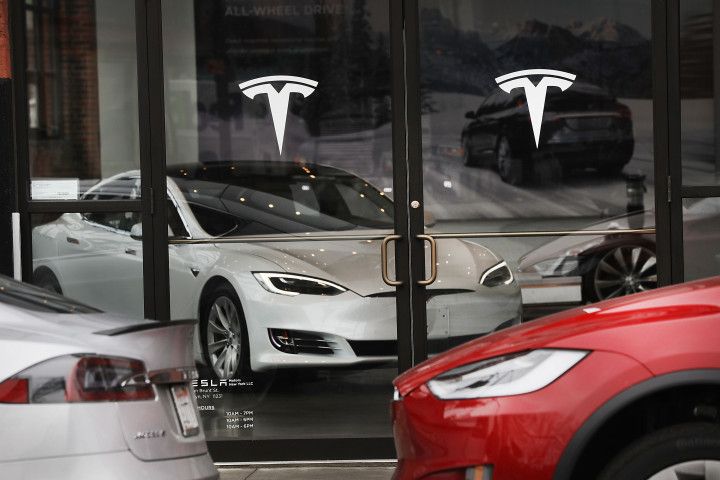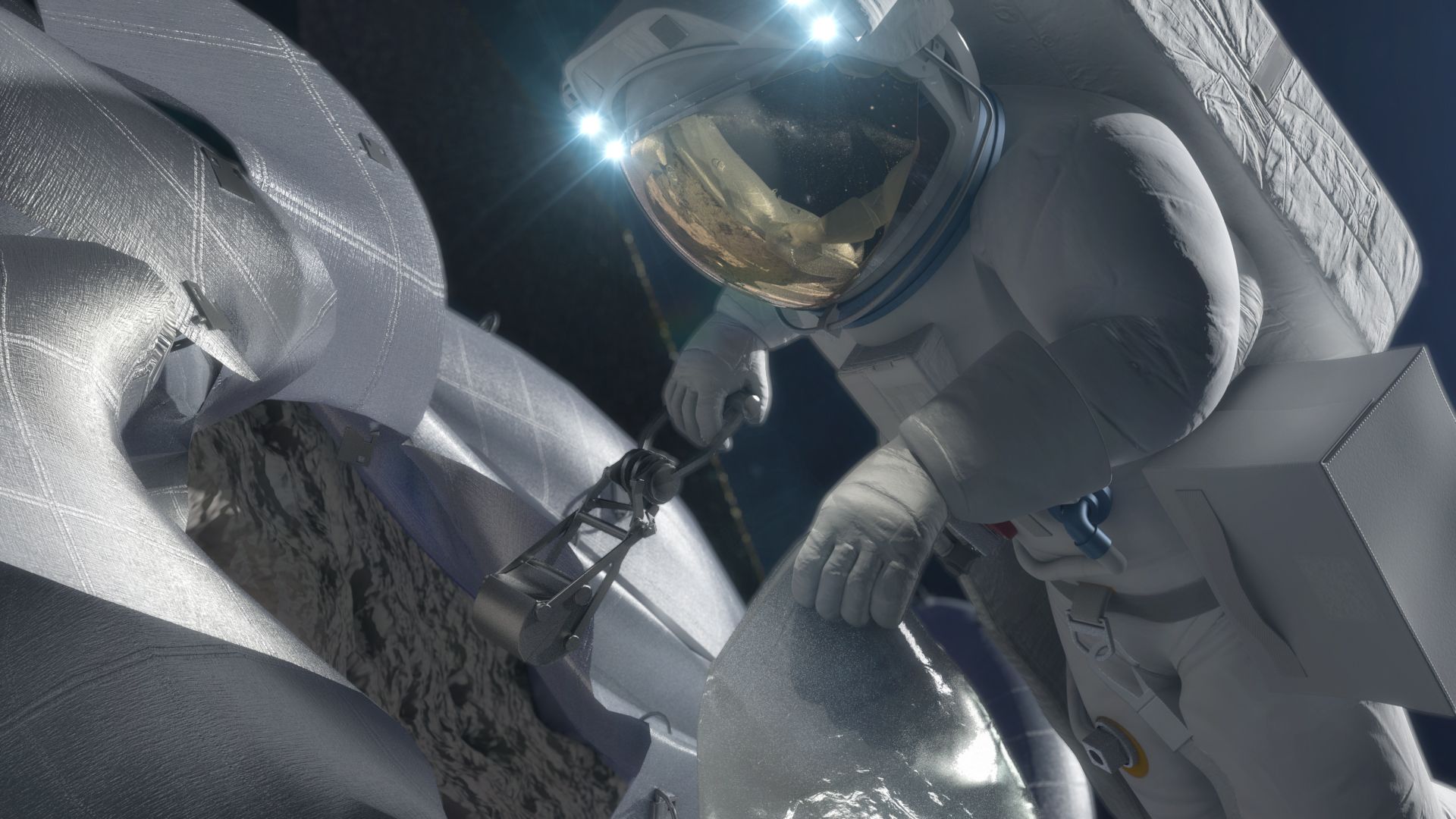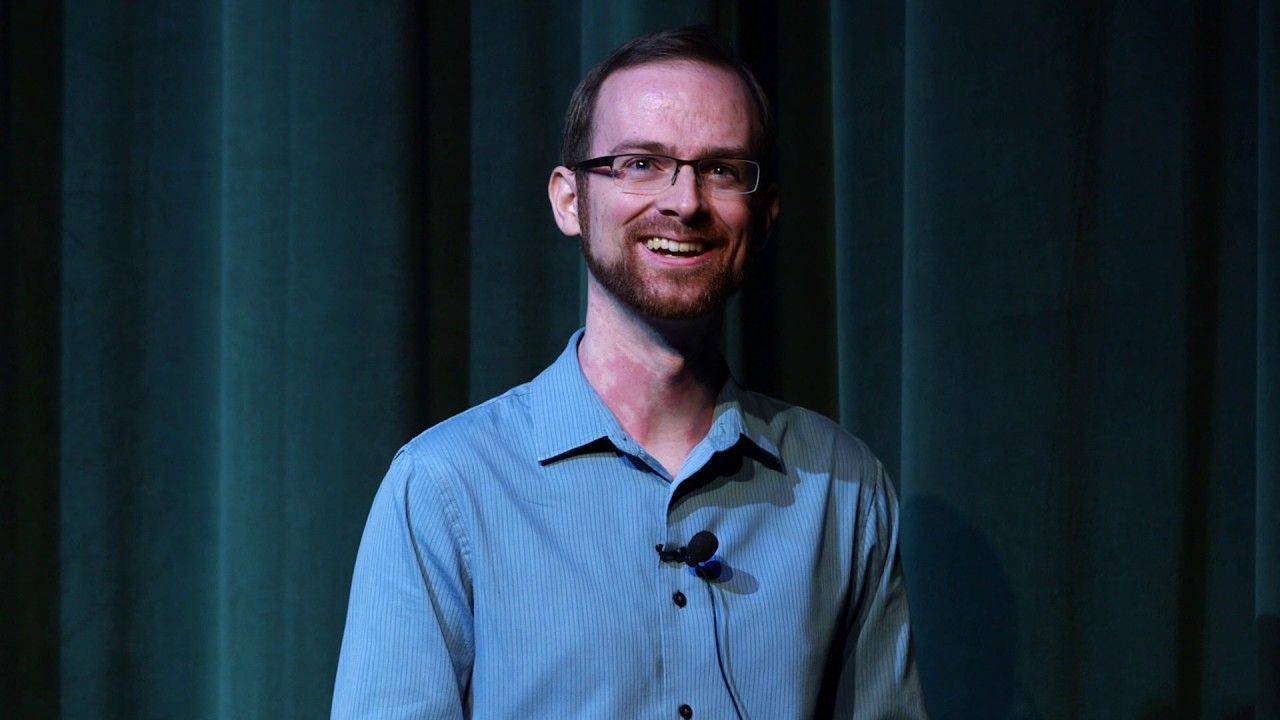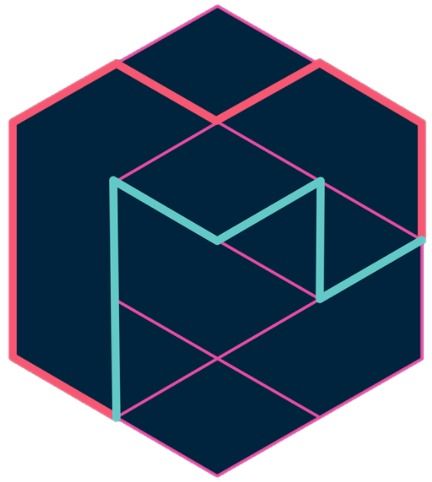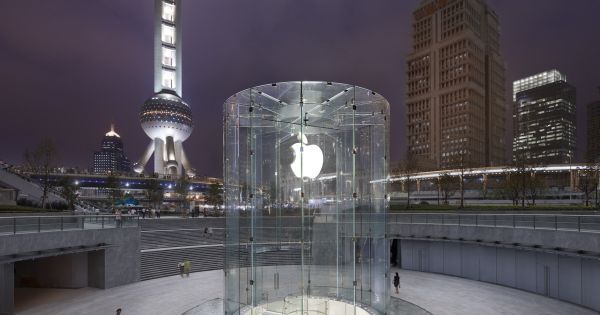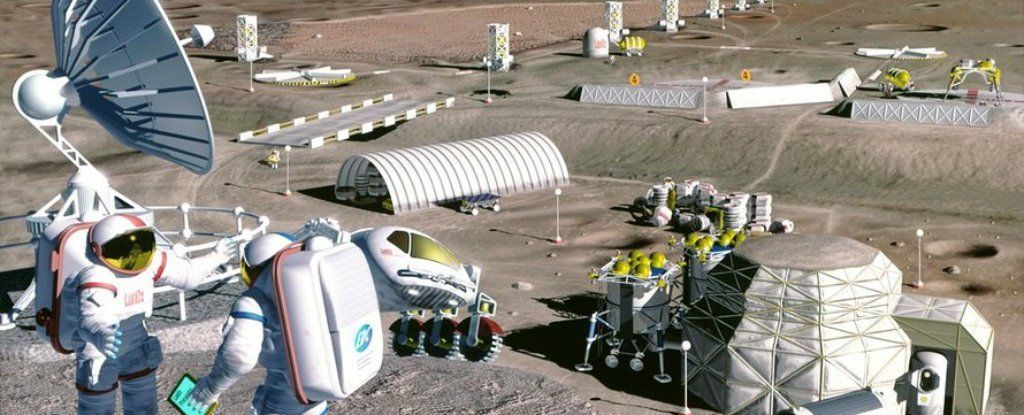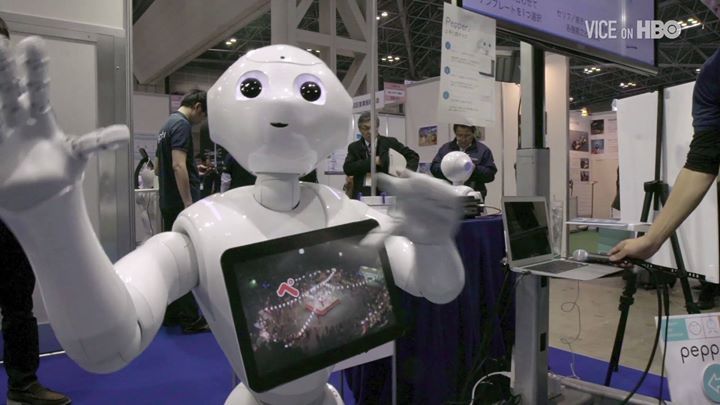See also: Elon Musk Says Robots Will Help Tesla Catch Up to Apple in Value
So why won’t other auto manufacturers follow suit and overtake Tesla? First, their products, as well as their factories, are bogged down by legacy. Tesla’s electric cars are significantly easier to manufacture than internal combustion (IC) vehicles. Tesla’s Model S has fewer than 20 moving parts, compared with almost 1,500 moving parts in an IC-engine car. This means that there are fewer steps in the assembly process, fewer suppliers to deal with, and lower inventory of components and parts. Further, Tesla doesn’t have to deal with a unionized workforce, a complex supply chain, or a legacy dealer network. Free from this legacy, Tesla can embrace disruptive innovation without worrying about the backlash from workers, suppliers, and dealers.
To become as big as Apple one day, Tesla will need more than the “Henry Ford” approach to manufacturing. It will also need the “Steve Jobs” approach to marketing by creating a vast global appetite for its products. The Apple iPhone is a global product that can be sold from New York to Mumbai to Beijing with very little incremental investment. However, Tesla’s cars require the creation of infrastructure for charging and a distribution network from scratch—a very expensive and time-consuming process. Tesla will need to build out its charging network and distribution reach, country by country. China is an important overseas market for Tesla, as is Scandinavia; it also has a rollout plan for India with its Model 3.
